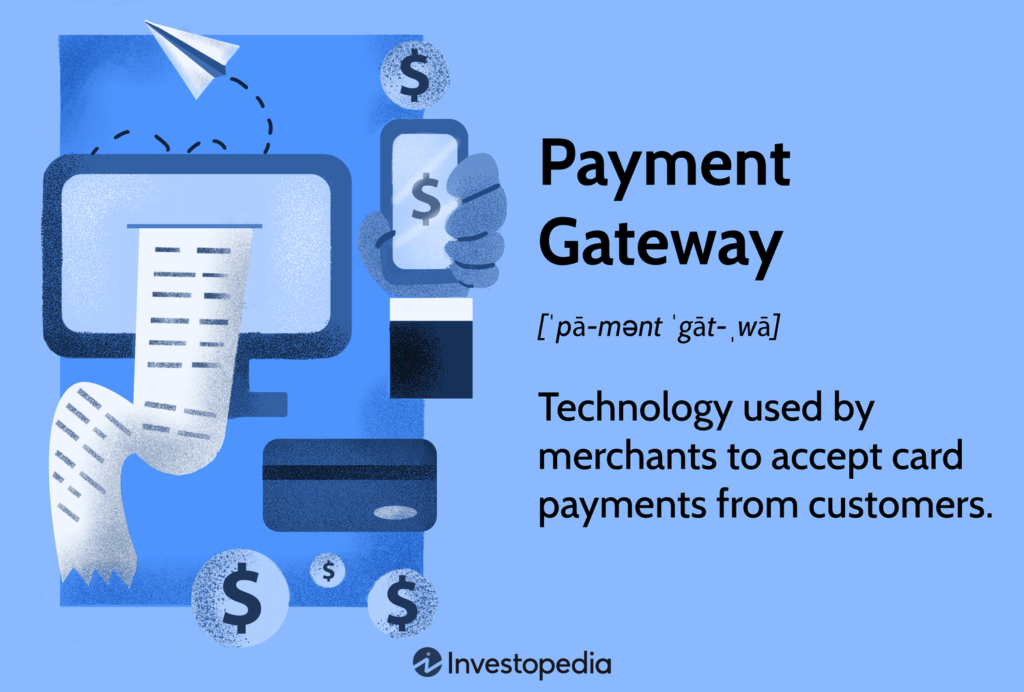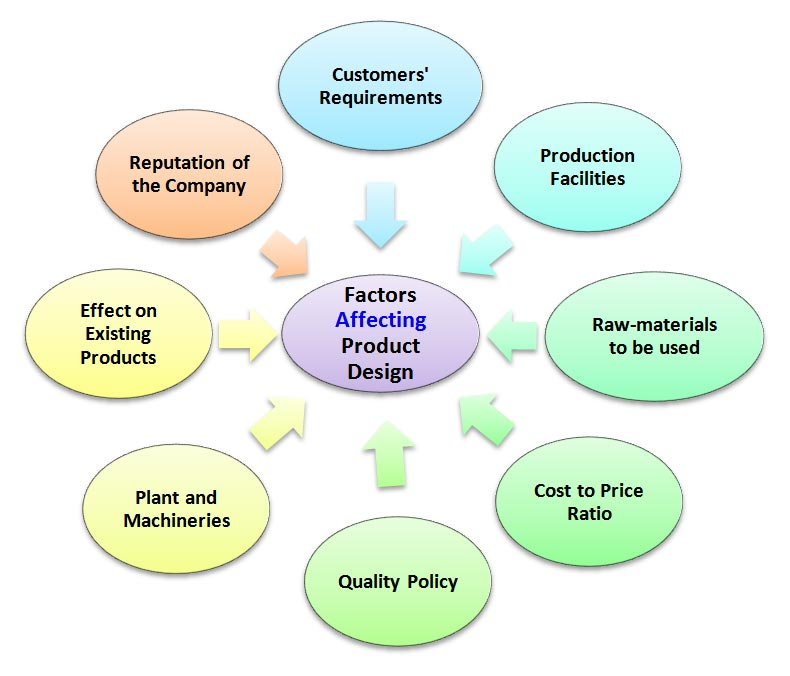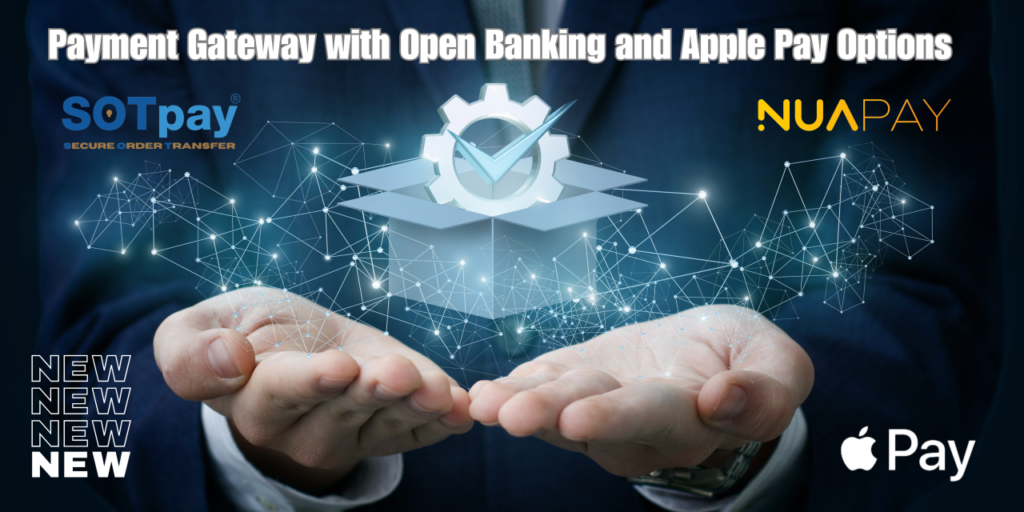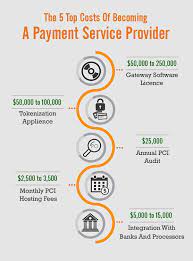NAME : CORA JOSU
DATE : 03/11/2023
Payment Gateway Processing Fees: Demystifying the Costs
In the digital age, the world of e-commerce[1] and online transactions is booming. From buying your favorite products to booking services,[2] online payments have become an integral part of our lives. But, have you ever wondered about the costs associated[3] with these transactions? Payment gateway processing fees are something every business and consumer[4] should be aware of.
Understanding Payment Gateway Processing Fees
Payment gateway processing fees are the costs associated with handling online transactions.[5] They play a significant role in the profitability of e-commerce businesses and the convenience of online shoppers. In this article, we will explore these fees, their components, and how you can optimize your payment processing costs.

How Do Payment Gateways Work?
Before delving into fees, it’s crucial to understand the workings of payment gateways. These are online services that facilitate the transfer[1] of funds from a customer to a merchant securely. A payment gateway encrypts sensitive information, such as credit card details, ensuring secure online transactions.
Types of Payment Gateway Fees
Transaction Fees
Transaction fees are charges incurred for each transaction processed through the gateway. This fee may be a fixed amount or a percentage of the transaction value. It’s a fundamental component of payment processing costs.
Monthly Fees
Monthly fees are subscription charges for using a payment gateway’s services. These fees may cover maintenance, support, or access to specific features. They are essential for sustaining the gateway’s functionality.
Chargeback Fees
Chargeback fees are associated with disputed transactions. When a customer disputes a charge, the payment gateway incurs additional costs to handle the dispute process. These fees can impact a business’s bottom line significantly.[2]
Factors Influencing Processing Fees
Several factors influence the processing fees you encounter:

Industry Type
Different industries have varying levels of risk associated with online transactions. High-risk industries, such as adult entertainment or gambling, may face higher processing fees due to increased chargeback and fraud risks.
Transaction Volume
The volume of transactions you process also plays a role. High transaction volumes may qualify you for lower transaction fees, while low volumes may result in higher fees.
Payment Methods Accepted
The payment methods you accept can affect processing costs. Credit card transactions[3] often have higher fees than other methods like e-wallets or bank transfers.
Negotiating with Payment Gateway Providers
Many payment gateway providers are open to negotiation, especially if you are a high-volume merchant. Don’t hesitate to discuss terms and fees to find a more favorable deal for your business.
The Role of Security
Security is paramount in online payments. Payment gateways invest in robust security measures to protect both businesses and customers from fraud. A secure payment gateway can save you from costly chargebacks.
Comparing Popular Payment Gateways
Different payment gateways offer various features and fee structures. Compare options to find the one that aligns best with your business needs.
Hidden Fees: What to Look Out For
When choosing a payment gateway, be vigilant for hidden fees, such as setup fees or API integration cost.[4] These unexpected expenses can affect your budget.
International Transactions: Additional Considerations
For businesses operating globally, international transactions may come with added costs like currency conversion fees. Understand these intricacies to craft well-informed choices.
The Impact on Small Businesses
Payment gateway processing fees can have a significant impact on small businesses. Finding cost-effective solutions is essential for their growth.
How Payment Gateways Benefit Your Business
Despite the costs, payment gateways offer numerous advantages, such as expanding your customer base, automating payment processes, and improving customer trust.
The Future of Payment Gateway Processing Fees
As technology evolves, payment processing fees may change. Keep an eye on industry trends to adapt and optimize your payment strategies.

Final Thoughts
Understanding payment gateway processing fees is vital for both businesses and consumers. It enables better decision-making and can save you money in the long run. By considering the factors mentioned [5]in this article, you can navigate the world of payment gateway fees more effectively.
FAQs
- What are payment gateway processing fees? Payment gateway processing fees are the costs associated with handling online transactions, including transaction fees, monthly fees, and chargeback fees.
- How can I reduce payment gateway costs for my business? To reduce payment gateway costs, analyze your transaction history, negotiate with providers, explore bundled pricing, and implement fraud prevention measures.
- What is the impact of payment gateway fees on small businesses? Payment gateway fees can have a significant impact on small businesses, affecting their profitability. Finding cost-effective solutions is crucial for their growth.
- Are there hidden fees associated with payment gateways? Yes, there can be hidden fees such as setup fees or API integration costs when choosing a payment gateway. It’s essential to be vigilant and understand the full fee structure.
- Choosing the Perfect Payment Gateway for Your Business? Choosing the right payment gateway involves comparing features, fee structures, and security measures. Consider your business needs and budget when making this decision.





